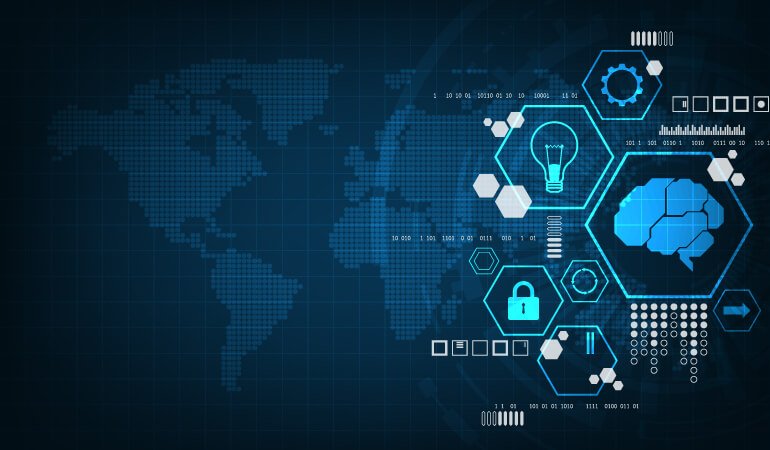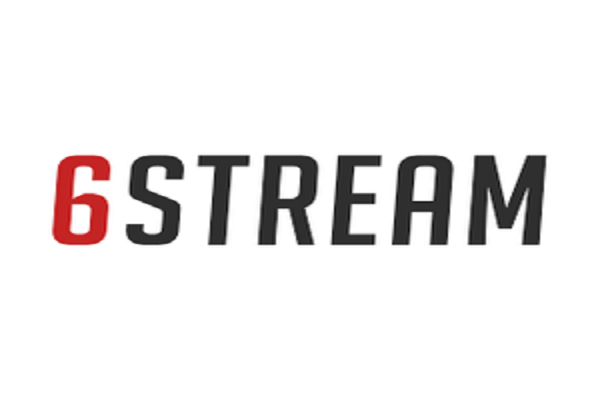7 Technology Trends In 2021
As 2020 was a chaotic year with the COVID pandemic looming over everything, developments such as technology and climate change didn’t really get attention. However, there have been some exciting things in the works, which will come to light in 2021. Scientists and engineers have worked hard to change the world for the better. This involves technological progress that would not have been possible even a decade or so ago. Recently, there have been exciting things like autonomous cars and other technologies creating headlines. However, there are a number of trends which are just as worthy of attention.
While 2021 is still plagued by the pandemic, people have started to find ways to work around it. More populations are getting vaccinated, so the tail end of 2021 is expected to be more normal. This means that these new innovations will be able to get into the mainstream. These can be as simple as an AI staffing agency to something as complex as robotic delivery vans. Some of the technologies which are all set to become popular in 2021 are as follows.
5G Networks
This is one of those developments which will change telecommunication as a whole. 5G networks can deliver speeds up to 100 times faster than existing 4G technology. This will revolutionize how people use their smartphones and open up a whole world of possibilities. Furthermore, 5G networks will also make it much easier to connect the Internet of Things (IoT) and truly bring smarthomes to life.
Apart from these benefits, 5G will greatly improve communication, and make multimedia sharing even faster than the current speeds. Therefore, information sharing will reach a whole new level.
Mobility Solutions
Over the previous years, services such as Lyft have really become the success story in technology. However, now that there is a large focus on sustainability and the need to reduce traffic, different solutions are required.
This is where mobility solutions like Lime come in. These allow users to rent scooters or bicycles, which they can activate and pay for through an app.
Tactile VR
VR technology is all about making things more immersive as technology allows. This is possible through a series of devices which can give haptic feedback and make users feel like they’re actually interacting with the environment. Currently, gaming is the primary field for this technology. The PS5’s controller already has haptic feedback, and combined with a VR headset, it can give players a truly immersive experience.
This technology’s potential for education and health is also worth considering and will surely come to light soon.
Everything-As-A-Service (XaaS)
This year, XaaS has truly shown its potential. It basically refers to products, tools, and technologies which are sold as a service over the internet. An example would be Peloton, which is an exercise bike requiring subscriptions to access its content.
XaaS is all set to make waves in the automotive world. Many car manufacturers, such as BMW, are already paywalling some features of their vehicles, and selling them to users over the internet. This will allow users to have access to the latest features the manufacturer has to offer, depending on the car’s capability. However, this might not be well-received, and users are already suspicious of this technology.
Human Augmentation
We are firmly in the era which used to be covered in older science fiction novels and shows. Human augmentation is now a reality, and might even make it to the mainstream soon. Scientists have developed contact lenses which will allow users to take pictures, identify faces, and other such gimmicks. In addition, invasive implants that improve a person’s functions are also in the works.
However, due to the legal and moral implications of this technology, it might not make it into the mainstream in the near future.
Data Analytics
While it may see, pretty innocuous, data analytics runs the world these days. The COVID pandemic was proof of this, as predictive analytics let governments identify future areas of breakouts and take measures accordingly.
As predictive data analytics becomes more precise and omnipresent, it may even be used to predict crimes. It is already in use in economics, and has a major impact on how things are run.
Internet of Behaviors (IoB)
While it may seem dystopian, the IoB is already well in place. It basically refers to the set of technologies which collect and share information about people over the internet. Currently, it is being used by social media platforms etc to provide better ad targeting, but may also be used for more controlling purposes. For example, in some assembly lines, cameras detect whether a worker is wearing a mask and then alerts the relevant authorities in case of breaches. The invasive implications of this can be left to the imagination.
In conclusion, 2021 will see a lot of interesting technologies coming to light. It is expected and hoped that these are used for the betterment of humankind and are not misused. The key is proper legislation, which is a whole other conversation.







